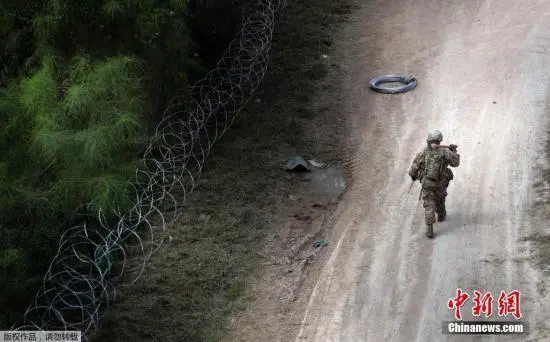While refusing to "comment on particular cases" in relations to the NSA leaker Edward Snowden, a United Nation refugees official in Hong Kong's spokeswoman said no asylum will stay in Hong Kong for good.
In the same vein as the city's chief executive CY Leung did, Nazneen Farooqi, associate protection officer for the Office of the United Nations High Commissioner of Refugee (UNHCR) in Hong Kong, refused to "comment on particular cases" when she was asked about the spectacular whistleblower Snowden.
Analysis suggests that one of ways out for Snowden is to apply for asylum status in the UNHCR for political protection, and shun deportation.
But Farooqi said that even if an application was accepted, the applicant would not be staying in the city forever, but to be resettled to a third country. "Since Hong Kong is not a signatory to the 1951 Refugee Convention concerning the asylum status, it has no legal responsibility to provide an integration harbor for the asylums," said Farooqi.
Upon the reception of an application, Farooqi said the threshold for the applicant to cross will be the fulfillment of the definition of "asylum".
The 1951 Refugee Convention defining UNHCR spells out that a refugee is someone who "owing to a well-founded fear of being persecuted for reasons of race, religion, nationality, membership of a particular social group or political opinion, is outside the country of his nationality, and is unable to, or owing to such fear, is unwilling to avail himself of the protection of that country."
Farooqi said after registering the applicant's request, the UNHCR will conduct a two stage interview, one by a refugee law expert, and the other by its own staffers, to investigate into the reliability of his testimony.
If what the applicant says makes sense, the UNHCR will then look into the information about his native country, to see whether it matches his own description.
When the entire investigative process is done and dusted, the applicant will be granted asylum status. At this point, the UNHCR will start looking for a "durable solution" for the asylum, which is mostly resettlement, referring him to a third country. The destination is normally the U.S. or Canada. It could also be France, New Zealand or Sweden, depending on different cases.
The resettlement procedure is to be dealt with by the asylum and the destination country, which has nothing to do with the UNHCR. In other words, his immigration is subject to rejection. In this case, the UNHCR will have to look for somewhere else to resettle him.
"The time span to complete the entire process varies," said Farooqi. "It could range from two to three months, to more than a decade, according to the complexity of the cases."
She said the office has not received any instruction from the SAR government, but they have been working closely together in achieving "durable solutions" for the asylum seekers all along.
"In the course of verification of asylum status and before resettlement, the government normally holds on its deportation order against the asylum seekers until we get our job done," Farooqi said. "During this period, applicants or asylums are not allowed to work, but the government provides basic assistance, such as foods and shelters for them."
She also denies any connection between the office and China's central government.
 简体中文
简体中文

